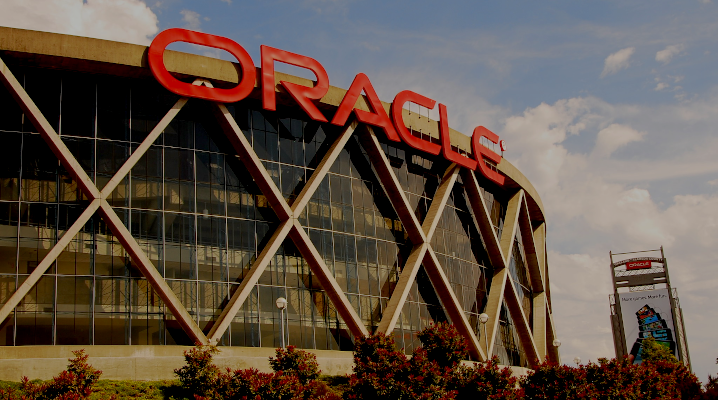Oracle has announced the addition of generative AI-powered capabilities within its Oracle Fusion Cloud Human Capital Management (HCM) to improve existing HR processes and drive faster business value, improve productivity and enhance the candidate and employee experience.
Supported by the Oracle Cloud Infrastructure (OCI), the generative AI service enables built-in prompts to help customers receive optimal results while reducing undesirable effects such as factual errors and bias.
The new AI capabilities build on existing embedded ones already in use by thousands of users, and will help streamline processes and automate content generation within the single integrated solution.
In this way, customers use their own data to refine models for their specific business needs while having control of the data used by generative AI and keeping sensitive and proprietary information safe. According to Nick Allwood, regional director at HR recruitment service Macmillan Davies, this is especially important as caution should be sought in line with GDPR when organizations use AI in recruitment specifically.
“There have been several highlighted cases recently about companies having sensitive data offered to people outside the business due to early adoption of AI technology that has gone wrong,” Allwood tells ERP Today.
Some of the newly-embedded generative AI capabilities in Oracle Fusion Cloud HCM include assisted authoring, which provides short prompts, such as a draft title for a job requisition or performance goal, and suggestions that include automated recommendations for survey questions. These features can be trained by Large Language Models (LLMs) under the customer’s control, which reflect the language style and cultural DNA of organizations.
“There is little doubt that AI offers significant potential for automating HR processes,” David Collings, professor of human resource management at Dublin City University, adds to ERP Today. “My own research on skills-first HR for example points to AI being used to infer skills for individual’s job descriptions in building skills profiles and to match individuals to available projects, mentoring and training through internal talent marketplaces.
“HR practitioners don’t need a deep understanding of the coding behind AI but they certainly need to understand how it works and the potential limitations… We may see existing biases reinforced in AI systems as one example. This could have significant implications from an electronic data interchange (EDI) perspective.
“I would be cautious of systems where AI is the sole decision maker in critical decisions (and) encourage more human intervention in more significant decisions.”
Chris Leone, executive VP of applications development at Oracle Cloud HCM, said regarding the product news: “With the ability to summarize, author and recommend content, generative AI helps to reduce friction as employees complete important HR functions.
“For example, with the new embedded generative AI capabilities in Oracle Cloud HCM, our customers will be able to take advantage of large language models to drastically reduce the time required to complete tasks, improve the employee experience, enhance the accuracy of workforce insights and ultimately increase business value.”
Oracle was recently named a leader in Human Capital Management as part of the Forrester Wave report Q2 2023.




